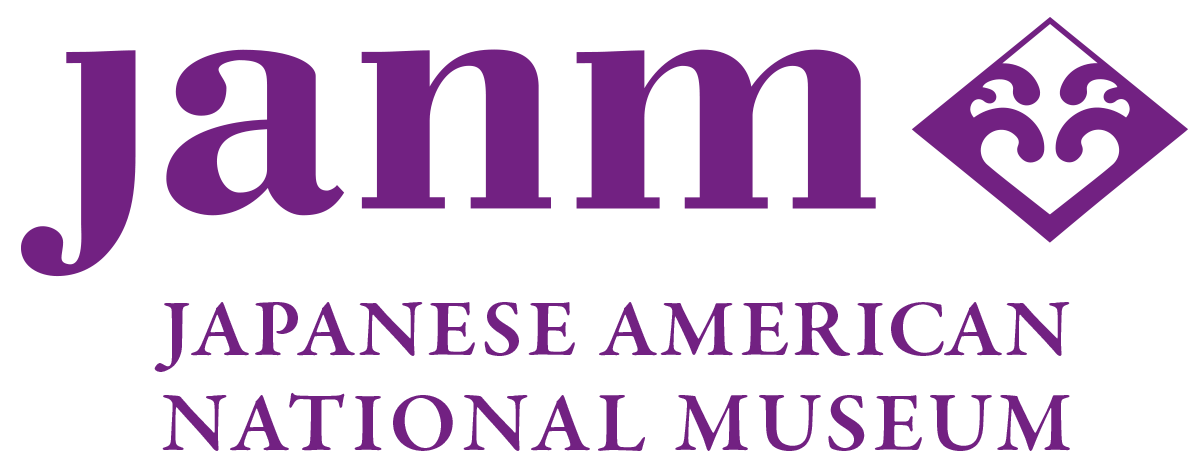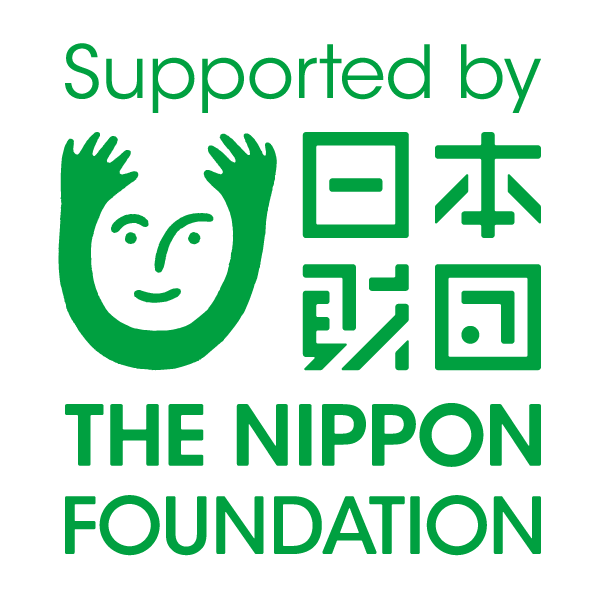
|
||
 Enlarge
Enlarge
|
Licensing | |
Sesshu Foster is a contemporary poet whose work focuses on the multifaceted identities of the people who live and work in Los Angeles. More specifically, his work examines how people of different ethnic backgrounds interact within the power structure of Los Angeles and how they affect the cultural composition of the city.
His collection of poems 'City Terrace Field Manual' explores the question of American identity in relation to ethnicity, class, and gender, with special attention paid to marginalized groups.
As a happa poet, meaning of mixed Anglo/Japanese descent, Foster often writes about the conflict that people of mixed cultural heritage experience. A fair selection of poems in this collection offer perspective into the lives of Japanese Americans.
His poems shed light on the internment of Japanese Americans at the outset of World War II; in one piece, he inserts sections of paperwork that internees were forced to fill out within his verse. He also writes about the affect of discrimination within the American job market that forced many Japanese-Americans into gardening due to the lack of other opportunities. As well, he provides perspectives of Japanese-American migrant workers in California.
Some of his pieces are semi-autobiographical, expressing resentment toward his Anglo father, who is representative of the power structure that complicates his son's self-definition.
Foster's 'City Terrace' includes poems that explore the lives of Angelenos of varying backgrounds, including Japanese-Americans and happas. His other works document the history of oppression, discrimination, and internal struggle that immigrants of all backgrounds have continually experienced in America.
Sesshu Foster's conception of American identity is articulated here:
"As happa, mixed Anglo/Japanese American, growing up in the mestizaje of Chicano barrios of East L.A. during the Vietnam War, one of the first things I had to recognize was that my identity was not “ethnic,” per se, that is, my identity is not cultural (or sub-cultural — as the hyphen between ethnic-and-American, such as Italian-American or Armenian-American or Arab-American would suggest), it is historical and political. That is to say, my ID is American — my diverse heritage is that of America; this heterogeneous character to each of our identities goes back to Manifest Destiny, to the frontier and the genocide of American Indians, to an expanding American empire through the contemporary era of SFFTA, CAFTA and globalization today."
Interview with Sesshu Foster, author of 'Atomik Aztex'(2006) and 'City Terrace Field Manual' (2000)
Excerpted from a conversation with Mike Kelleher, The Buffalo Literary Center
Link: http://www.citylights.com/pub/inter.foster.html
Anyone who has interest in the cultural melange that is Los Angeles should look into the works of Sesshu Foster, who currently writes and resides in L.A.
This work is licensed under a Public Domain
 rmiletich
—
Atualizado em Mar 30 2011 8:00 p.m.
rmiletich
—
Atualizado em Mar 30 2011 8:00 p.m.
Part of these albums

|
Japanophilia mpitelka
mpitelka
|

|

 The Sierra Madre Elementary School Japanese Garden
The Sierra Madre Elementary School Japanese Garden
 Journal feed
Journal feed
